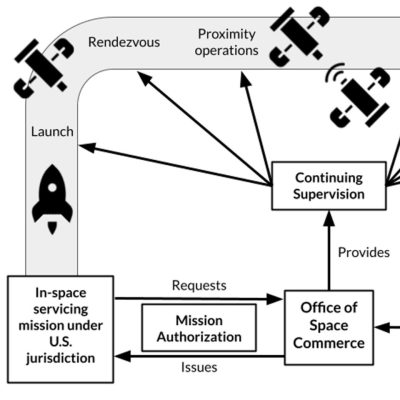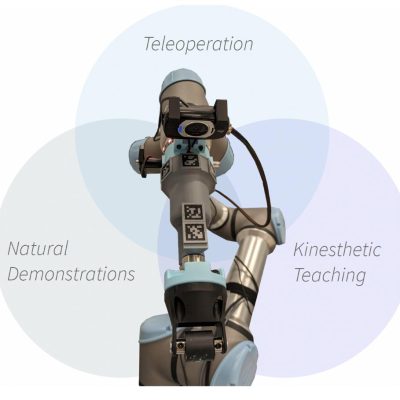
Shield model predictive path integral: A computationally efficient robust MPC method using control barrier functions
A new paper from Reliable Autonomous Systems Lab at MIT (REALM) enables safe high-speed autonomous off-road driving by combining safety certificates called barrier functions with a parallel model-predictive control method; not only does this combination improve safety, but it also reduces the computational resources needed to run the controller. The paper was published in IEEE Robotics and Automation Letters, to be presented at ICRA 2024 in May 2024.
Watch a video of experiments here. The first section shows the performance of the car without our method (it crashes); at 1:03 it shows the results of using our method (faster driving without crashing).
Authors: Ji Yin (lead author, GA Tech PhD), Charles Dawson (AeroAstro), Chuchu Fan (AeroAstro PI), Panagiotis Tsiotras (GA Tech PI)
Abstract
Model Predictive Path Integral (MPPI) control is a type of sampling-based model predictive control that simulates thousands of trajectories and uses these trajectories to synthesize optimal controls on-the-fly. In practice, however, MPPI encounters problems limiting its application. For instance, it has been observed that MPPI tends to make poor decisions if unmodeled dynamics or environmental disturbances exist, preventing its use in safety-critical applications. Moreover, the multi-threaded simulations used by MPPI require significant onboard computational resources, making the algorithm inaccessible to robots without modern GPUs. To alleviate these issues, we propose a novel (Shield-MPPI) algorithm that provides robustness against unpredicted disturbances and achieves real-time planning using a much smaller number of parallel simulations on regular CPUs. The novel Shield-MPPI algorithm is tested on an aggressive autonomous racing platform both in simulation and in hardware. The results show that the proposed controller greatly reduces the number of constraint violations compared to state-of-the-art robust MPPI variants and stochastic Model Predictive Control method.

